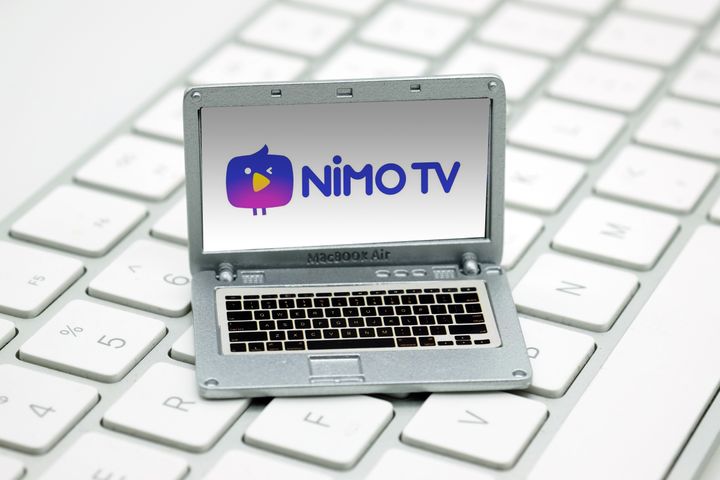 Chinese Gaming Streamer Huya Takes Aim at Brazilian Market
Chinese Gaming Streamer Huya Takes Aim at Brazilian Market(Yicai Global) June 6 -- Nimo TV, the overseas unit of major Chinese game streamer Huya, has officially announced plans to enter the Brazilian market.
The Guangzhou-based firm aims to partner with local live-streamers in the South American country, online news portal Sina reported.
The platform is very optimistic about growth prospects in the market, said He Wei, vice president and executive in charge of Nimo TV operations. The firm has noticed sky-rocketing demand for game-related livestreaming in the country, especially on mobile, after carrying out market research at the end of last year, he added.
Nimo TV will accelerate efforts to accrue operating experience and gradually debut products and services that are more relevant to Brazilian user demands, he said, adding that the firm aims to also replicate its success in other Latin American regions.
The platform has earmarked some of the country's top streamers including Piuzinho, Elgato, Crusher and the renowned Bruno Bittencourt, known as PlayHard, as potential exclusive partners. INTZ, Black Dragons and other e-sports teams have also penned contracts with the platform for exclusive live-streaming content, according to a local executive responsible for operations.
Nimo TV entered the Southeast Asian market in May last year and aims to operate in 10 countries including Indonesia, Vietnam, Thailand, Brazil and Mexico. The platform already boasts over 11.5 million monthly active users overseas as of last December.
The Latin American market represents a key newly-emerging market in the gaming and live-streaming field. The market has become a target for international players thanks to improvements in the sector's ecosystem, demographic dividends and other conditions.
Brazil is the 13th largest market for games globally with an annual income of around USD1.5 billion, higher than that of India (USD1.1 billion) and Indonesia (USD1.08 billion), according to market research firm Newzoo. Among the most popular titles in the country are Free Fire developed by Singapore-based Garena and the mobile edition of Tencent's PlayerUnknown's Battlegrounds, according to data from App Annie.